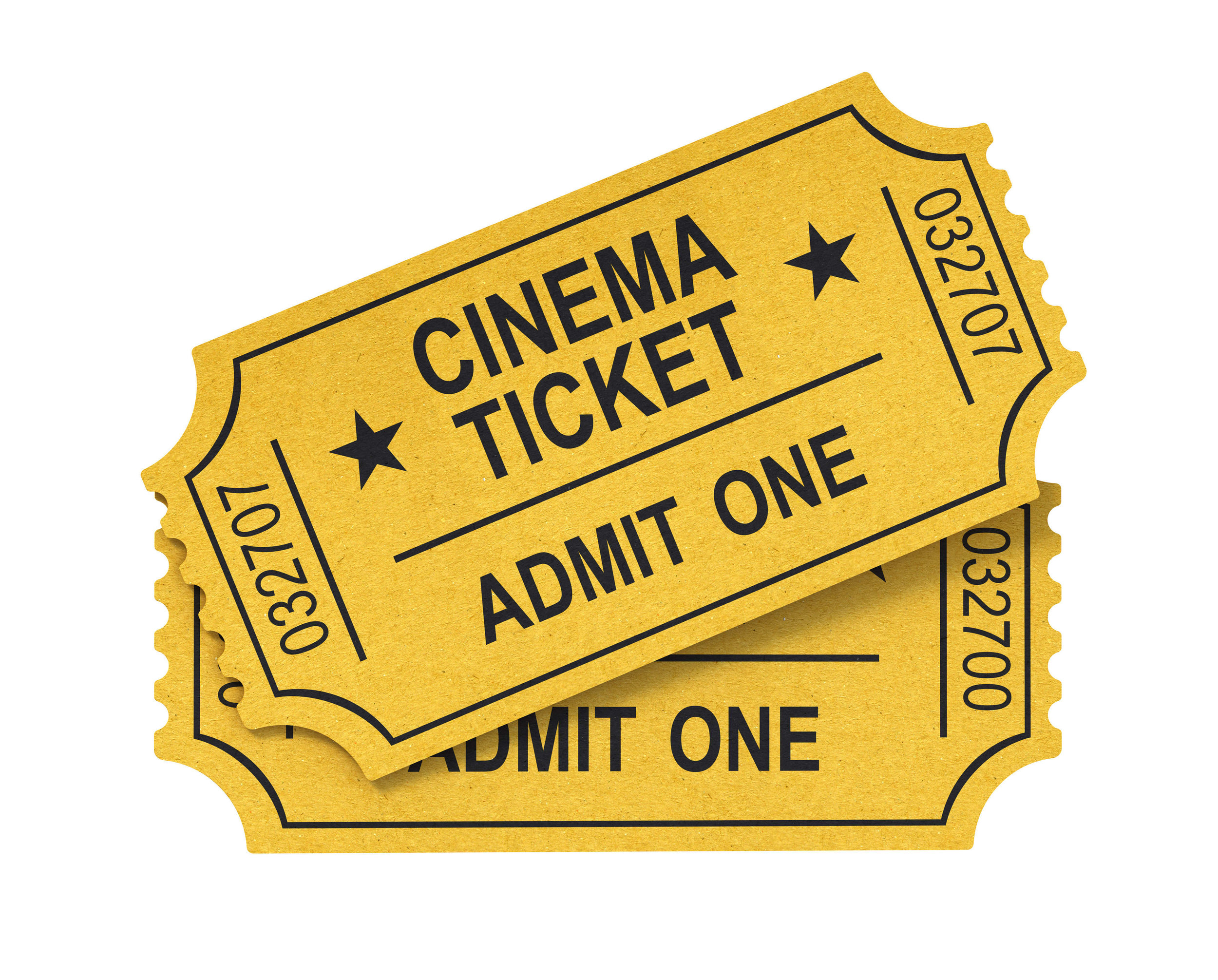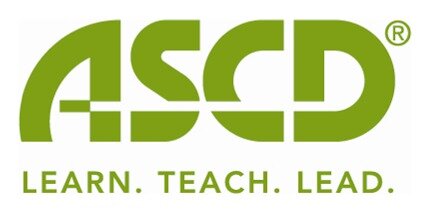Productive struggle is something that we should all encounter, but moreover, productive struggle is something that we should all embrace. Afterall, when we experience productive struggle that means we are making grounds at getting to our goal. My guest today, Peg Grafwallner, would agree. Peg is the author of Not Yet…And That’s OK: How Productive Struggle Fosters Student Learning. She joins us today to talk more about the not yet mindset and the productive struggle including strategies in how to boost student engagement and learning.
Listen to the Podcast Here
Listen to the Apple Podcast Here
Adolescent Literacy Series - #7 of 7: Delineate and Evaluate an Argument
Every day, in every classroom, students are expected to understand and analyze arguments. However, this work requires students to possess and practice explicit communication skills that some have not adequately developed. To be successful 21st century learners and professionals, students must be able to understand that not all information is reliable; in addition, they must be able to determine credible sources, conduct research, and think critically about texts. Delineating and evaluating arguments is a vital skill students require in academics and beyond.
Read More
Adolescent Literacy Series - #6 of 7: Inference
The value of being able to infer – to apply inferences when reading – is necessary in the classroom and beyond. By giving students adequate practice in the classroom, teachers support them to move toward automaticity, which they’ll need to transfer the skill to diverse contexts beyond academic learning.
Read More
Adolescent Literacy Series - #3 of 7: Vocabulary
Vocabulary is the key to understanding what we want our students to know and be able to do; without it, our students are unlikely to comprehend the complex content in front of them. We know academic vocabulary is the mainstay of the classroom experience and what it has to offer.
Read More
Adolescent Literacy Series - #1 of 7: Annotation and Personal Inquiry
We want our students to interact with text in a personal way; to make inquiries and comments that demonstrate their learning in a way that makes sense to them. To comprehend text, one must deconstruct the text. That deconstruction begins with explicit directions from the teacher on how to read the text and make meaning from it.
Read More
Adolescent Literacy Series - Introduction: The Seven Proficiencies
In 2014, I became an Academic Coach at Ronald W. Reagan College Preparatory high school in Milwaukee. The position was relatively new to RRHS, so I had the opportunity to make it my own. My principal, however, was clear on one specific component of my position: raise ACT reading scores. I had some background in the ACT College and Career Reading, Writing and English standards as an ACT test preparation teacher for those subjects; but, to help our students in moving beyond Reagan’s current score, I knew I needed to immerse myself in the ACT skills.
Read the rest on AWSA…
Instagram as a Means to Create and Implement Chemistry Class Portfolios
KQED March 20, 2018
But Instagram seemed more well-intentioned according to many teachers. When I mentioned the possibility of using Instagram as a way to digitally maintain a student portfolio, the teachers were interested in learning more about it and how it could be used in the classroom.
Read: Instagram as a Means to Create and Implement Chemistry Class Portfolios
Four Note-Taking Strategies for Film
I recently read Robert Ward’s exceptional article for KQED’s In the Classroom blog “Teaching Film as Literature” and was immediately struck with the simplicity of the implementation. While there is undoubtedly a great deal of background work that goes into designing, implementing, and assessing a lesson such as this one, this strategy can be differentiated for students of all abilities.
Snapchat Worthy Science Lesson: Connect and Engage an Entire Class
Teachers are creating deeper connections between students and complex subject matter through creative uses of technology — often ones that are already popular with students and readily available on their smartphones.
Read: Snapchat Worthy Science Lessons Connect and Engage an Entire Class
Keeping Learning Real, Relevant, and Relatable
Our students are reading all day long—text messages on their phones, emailed directions about homework, apps from advertisers. Let's keep their learning real, relevant, and relatable.
Choose, Check, and Champion Student Reading
A step-by-step approach on how to create, develop, sustain and assess a structured choice reading program meant to empower our students reading growth.
Just in Case You Thought No One Was Listening . . .
Our students may not be aware of it, but they are living through history. Let's remind them how to remember it.
FROM CHEMISTRY TO ADVANCED SPANISH: 21ST CENTURY WORD WALL SUCCESS
Wisconsin State Reading Journal Spring, 2016
Cross-curricular skill-building shows students that the same strategy can be used in various ways for student success.
Read: From Chemistry to Advanced Spanish: 21st Century Word Wall Success
A ROUTINE ENGAGEMENT: THREE SMALL MOVES FOR SUCCESS
ASCDInservice January 29, 2016
Routines don’t have to be dull; rather they empower students to know what’s coming next and to be aware of their own learning.
HOW I SPENT MY HOLIDAY BREAK
Edutopia December 14, 2015
What does a school ‘break’ look like for our students? It may not be the joyous opportunity we think it is.
THE ART OF MATHEMATICS
ASCDInservice April 13, 2015
How would an art teacher teach math? With vigorous creativity.
Read: The Art of Mathematics











